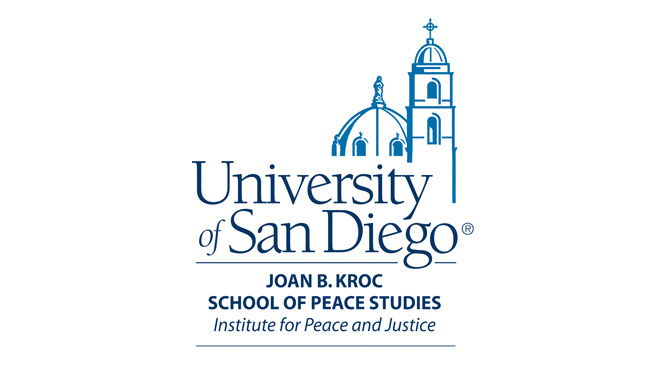As European society becomes more globalised, intercultural understanding must be actively pursued in order to ensure a peaceful future. This is particularly true in schools, where students of migrant and non-migrant backgrounds share a common educational ground and space. It can be difficult for students with migrant backgrounds to successfully integrate with their peers, as their lives are informed by perspectives that are sometimes vastly different from their non-migrant classmates. This can be especially true for young women, who face the pressure to conform to Western standards while still maintaining their cultural identities at home. This is increasingly leading to feelings of social exclusion, xenophobia, and loneliness, which can be detrimental to adolescent development. In an effort to foster intercultural dialogue and promote a more inclusive classroom environment, Women without Borders (WwB) held its ‘Human Rights – Women’s Rights’ panel discussion with experts on cultural, religious, and educational inclusionary practices on 16 Dec. 2013 in Vienna.
Speakers:
Güner Balci, a journalist, television editor, and author. She grew up in Berlin-Neukölln, studied education and literature, and worked in the model project ‘neighborhood-oriented violence and crime prevention’ in Neukölln’s social hotspot and in a girls’ meeting with young people from Turkish and Arab families. The former ZDF editor published her second book ‘Arab Queen or the Taste of Freedom’ in 2010 after ‘Arabboy’. Today she works as a freelance journalist and makes documentary films for television.
Henryk M. Broder, a German publicist and author, born in Poland, wrote for the German magazine “Spiegel”. Today he writes for the “Welt” and writes weblogs. Broder is one of the founders of the political blog “Axis of Good”, he has led numerous debates and bestsellers written, most recently “Forget Auschwitz!” And “The last days of Europe. How to sink a good idea “.
Necla Kelek, a sociologist and author from Berlin. She was a member of the German Islam Conference from 2005 to 2009 and is a member of the Senate of the German National Foundation. She has received many awards including the Geschwister-Scholl Prize and the ‘Freedom Prize’ 2011 for her books, most recently ‘Hurriya means freedom – the Arab revolt and women – a journey through Egypt, Tunisia and Morocco’ and her broader work.
Ahmad Mansour, a psychologist and Arabian Israeli, has been living in Germany for almost 10 years. Mansour is group leader at the ‘Heroes’ project in Berlin. Heroes is a project for young men against oppression in the name of honour and for the equality of women and men. Mansour is also a member of the German Islam Conference and advises the European Foundation for Democracy on the topics of integration, radicalisation, anti-Semitism, and educational methods in Muslim families.
Nina Scholz a political scientist and author who was born and raised in the GDR. She studied at the Free University of Berlin, and currently lives and works in Vienna. Scholz publishes on the topic of anti-Semitism in the inter-war period and National Socialism. She published the book ‘Europe, human rights, and Islam – a cultural clash?’ jointly with Heiko Heinisch in 2012.
Moderator:
Micheal Freund, Der Standard

